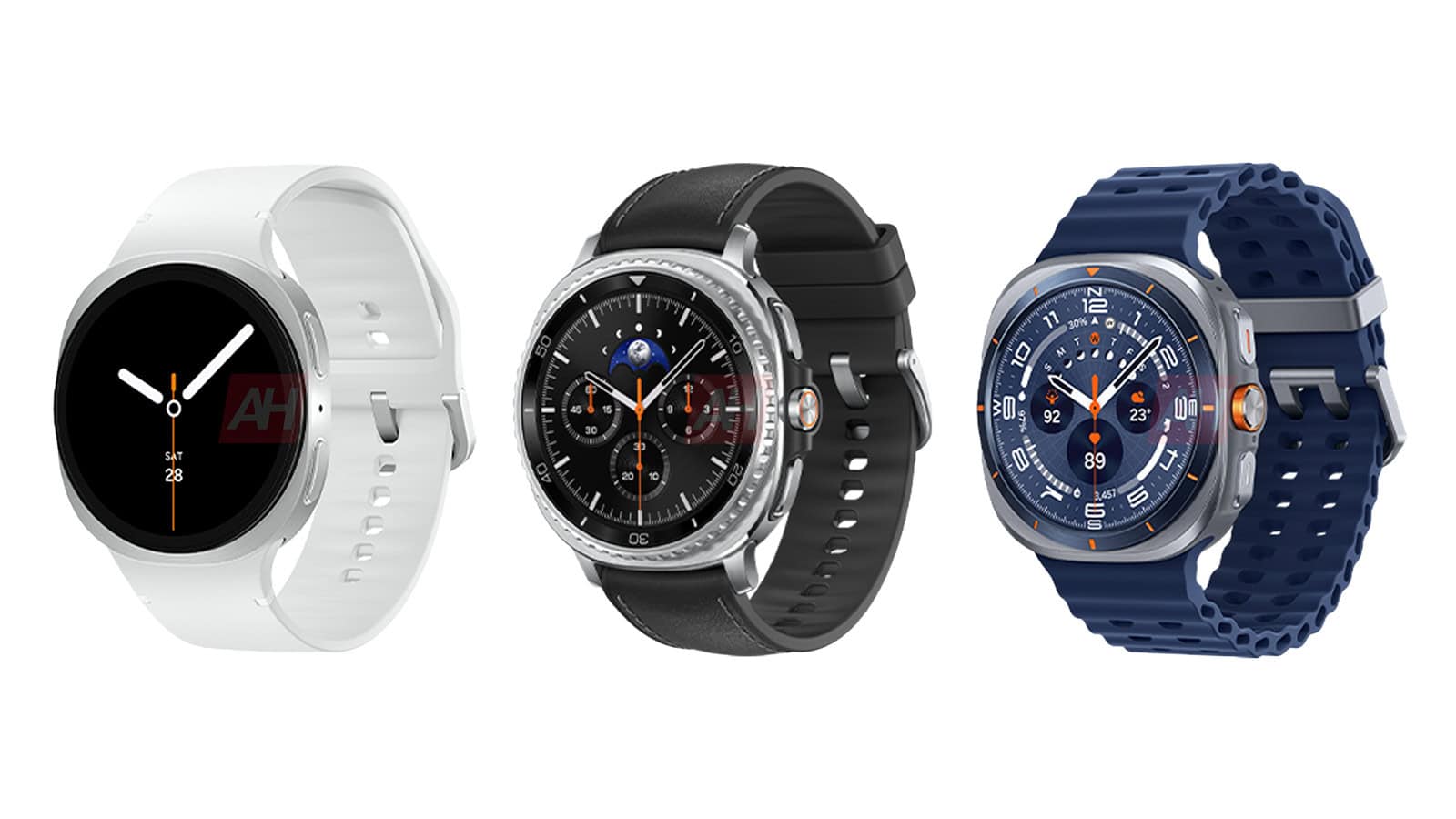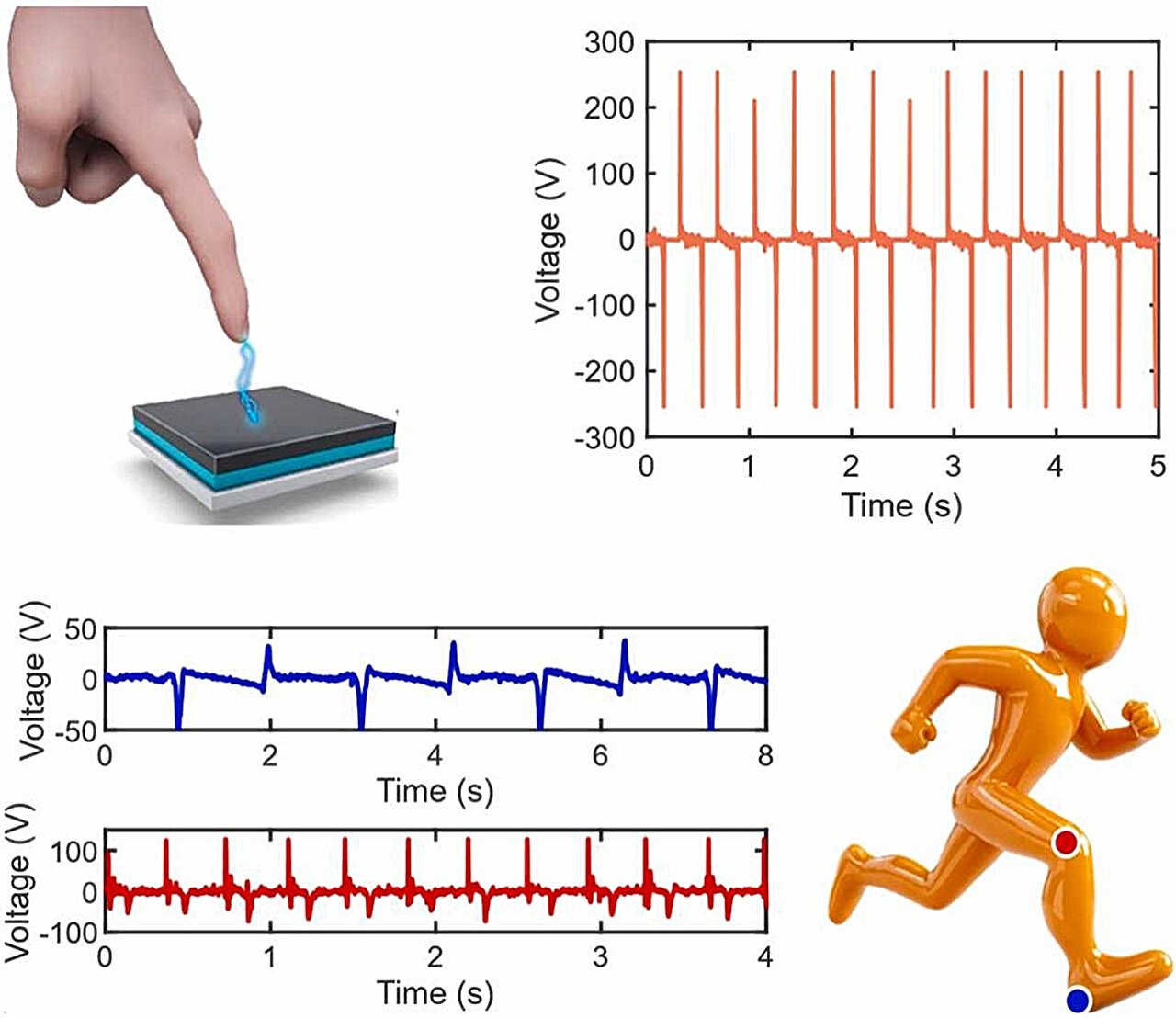Summary
Samsung is making a major play in the digital health space, revealing new features for its upcoming Galaxy Watch 8 and plans for a central hub where users can share health data directly with their doctors.
Source: ChannelNews

AI News Q&A (Free Content)
Q1: What are the new health features expected in the Samsung Galaxy Watch 8?
A1: The Samsung Galaxy Watch 8 is anticipated to include advanced health features such as enhanced heart rate monitoring, ECG capabilities, and possibly blood pressure tracking. These features align with Samsung's focus on integrating comprehensive health monitoring in their wearable devices.
Q2: How does Samsung plan to use the Health Data Hub to transform digital healthcare?
A2: Samsung's Health Data Hub aims to centralize health data from its wearables and allow users to share this information directly with healthcare providers. This initiative is expected to enhance patient-doctor communication and enable more personalized healthcare management.
Q3: What are the potential benefits of digital health technology (DHT) tools like wearables in managing Parkinson's disease?
A3: DHT tools, including wearables, offer the potential for continuous remote monitoring of motor signs in Parkinson's disease patients. Such tools can help quantify disease progression and assess treatment efficacy, as demonstrated in studies like the PASADENA trial using smartwatches for monitoring.
Q4: What is the significance of Samsung's integration of ECG features in their smartwatch series?
A4: The integration of ECG features in Samsung's smartwatch series represents a significant step towards preventive healthcare. These features allow users to monitor their heart health more effectively, potentially identifying irregularities early and reducing the risk of serious cardiac events.
Q5: How are wearables contributing to post-injury rehabilitation according to recent studies?
A5: Recent studies indicate that wearables, such as instrumented insoles, can play a crucial role in rehabilitation by providing real-time data on gait and movement. This information helps in tailoring rehabilitation protocols to individual needs, facilitating faster and more effective recovery.
Q6: What are the challenges involved in integrating health data from wearables into standard medical practice?
A6: Challenges include ensuring data accuracy, interoperability between different devices and healthcare systems, and maintaining patient privacy. Overcoming these challenges is essential for the effective integration of wearable data into routine medical practice.
Q7: In what ways can the Samsung Health Data Hub improve patient outcomes?
A7: By facilitating seamless data sharing between patients and healthcare providers, the Samsung Health Data Hub can lead to more informed decision-making, timely interventions, and personalized treatment plans, ultimately improving patient outcomes.
References:
- Samsung Galaxy Watch - https://en.wikipedia.org/wiki/Samsung_Galaxy_Watch
- Samsung Galaxy Watch series - https://en.wikipedia.org/wiki/Samsung_Galaxy_Watch_series
- Exploratory digital outcome measures of motor sign progression in Parkinson's disease patients treated with prasinezumab - https://arxiv.org/abs/2025.0616




